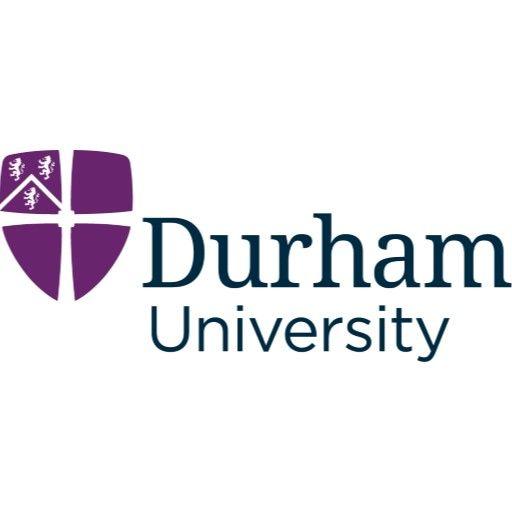
MSc in Human Bioarchaeology and Palaeopathology
Durham University, Durham - UK


Durham University, Durham - UK

MSc in Human Bioarchaeology and Palaeopathology
Durham University, Durham - UK
Degree
Postgraduate
Duration
12
Course Type
With Co-op
Co-op education gives you real-world experience in a job related to your studies.
INR
30.61L
USD 36016
1st Year Tuition Fees
Opening Soon
Opening Soon